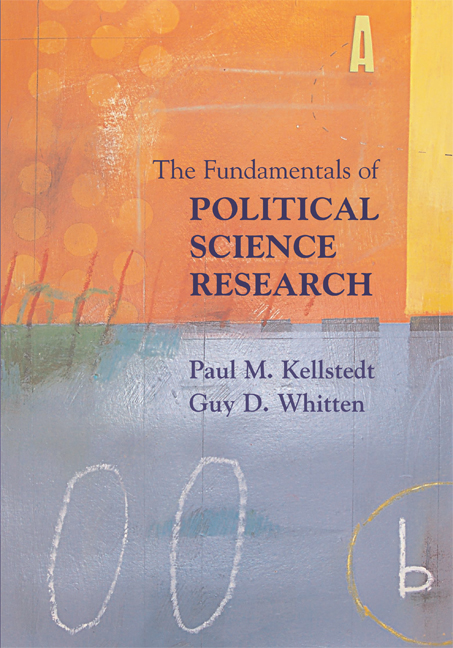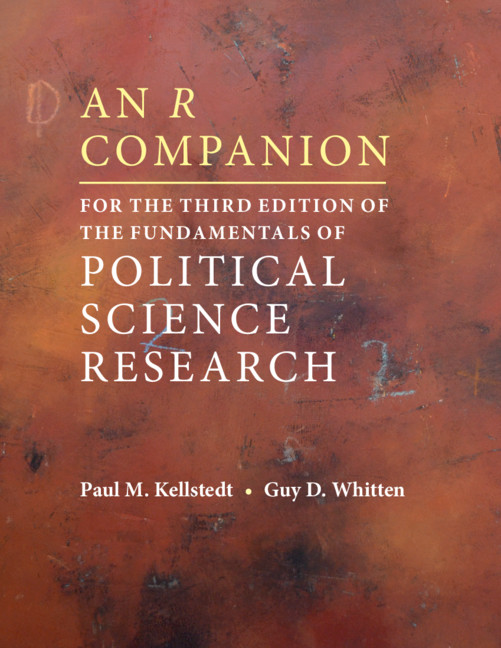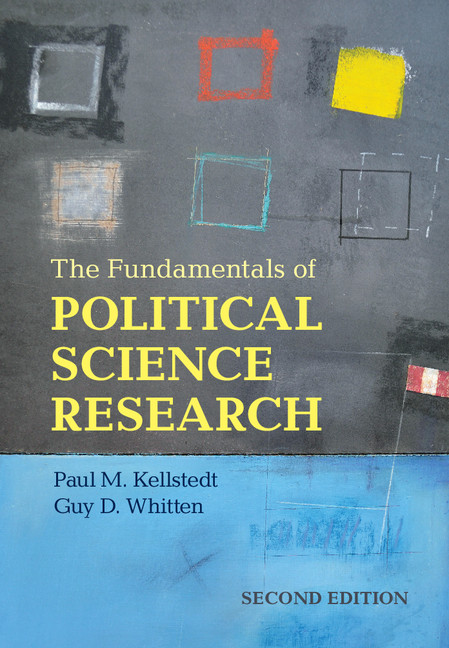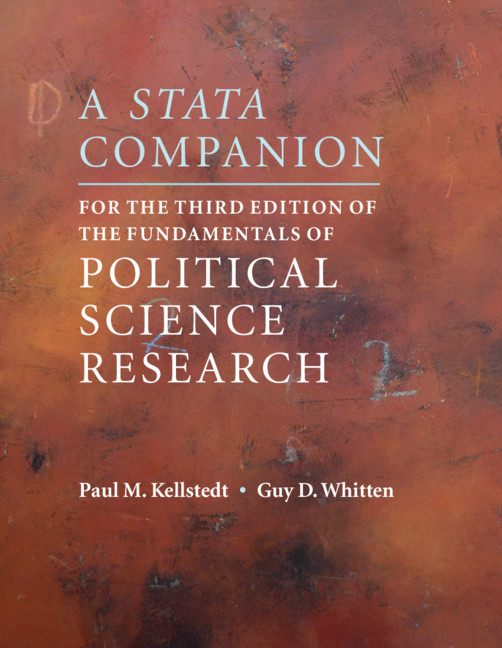The Fundamentals of Political Science Research
Paul M. Kellstedt's and Guy D. Whitten's The Fundamentals of Political Science Research provides an introduction to the scientific study of politics, supplying students with the basic tools needed to be both critical consumers and producers of scholarly research in political science. The book begins with a discussion of what it means to take a scientific approach to the study of politics. At the core of such an approach is the development of causal theories. Because there is no magic formula by which theories are developed, the authors present a series of strategies and develop an integrated approach to research design and empirical analyses that allows students to determine the plausibility of their causal theories. The text's accessible presentation of mathematical concepts and regression models with two or more independent variables is a key component to this process, along with the integration of examples from political science and the real world to help students grasp the fundamental concepts.
- Makes technical material accessible to students who might otherwise be intimidated by mathematical concepts
- Utilizes examples from political science research that students will find interesting and inspiring
- Provides an emphasis throughout on assessing causal claims
Reviews & endorsements
“Many do not fully appreciate that the world is in the midst of a grand march of quantification through areas of human knowledge. As the rapidly improving tools of measurement, inference, and science are adapted to each area, automated statistical algorithms and well designed research vastly outperform casual human judgment. Given the numerous self-proclaimed political experts and pundits vying for media attention, some people may be surprised that science has even come to the study of government and politics. In The Fundamentals of Political Science Research, Kellstedt and Whitten not only set the record straight; they provide an interesting and accessible introduction to this exciting area, so students can better understand claims about the political world and even begin to make discoveries on their own.”
- Gary King, Harvard University
Product details
December 2008Hardback
9780521875172
294 pages
260 × 185 × 25 mm
0.87kg
51 b/w illus. 38 tables
Available
Table of Contents
- 1. The scientific study of politics
- 2. The art of theory building
- 3. Evaluating causal relationships
- 4. Research design
- 5. Measurement
- 6. Descriptive statistics and graphs
- 7. Statistical inference
- 8. Bivariate hypothesis testing
- 9. Bivariate regression models
- 10. Multiple regression models I: the basics
- 11. Multiple regression models II: crucial extensions
- 12. Multiple regression models III: applications
- Appendix A: critical values of chi-square
- Appendix B: critical values of t
- Appendix C: the Λ link function for binomial logit models
- Appendix D: the Φ link function for binomial probit models.














